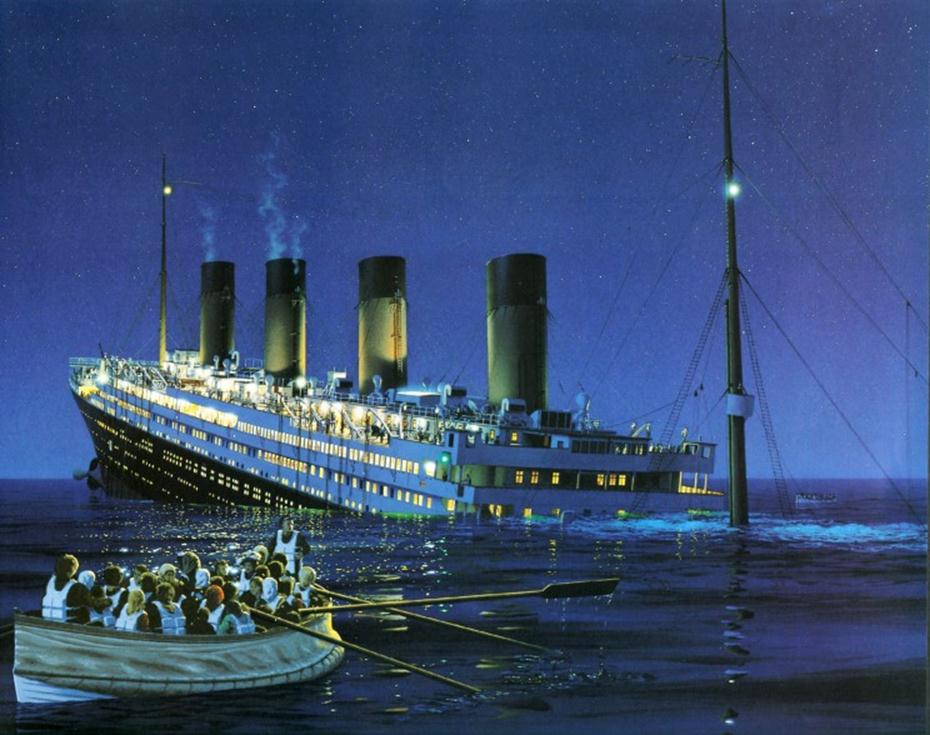
In an expansive article that analyzed the history of the regulation of the American airline industry Phillip Longman and Lina Khan point out:
- Left to the free market the airline business will tend to an equilibrium where a few airport ‘hubs’ get all airline traffic while smaller regional airports are ignored. This is because taking off from the ground requires more energy compared to actually flying the craft. This makes it more efficient for the airliners to have few long-haul routes rather than several short-haul routes.
- However this means that people who live close to small regional airports are ignored. Already the closure of airports in places such as St. Louis and Pittsburgh is forcing businesses to migrate closer to regional airport hubs, because it’s too difficult and expensive to fly out of regional airports. Airline capacity is at its lowest level since 1979.
- The problem is only likely to get worse as airlines continue to operate on razor thin margins. The value of all publicly traded US airline stocks is $32.3 billion – less than the value of Starbucks. All six of the major ‘legacy’ carriers have filed for bankruptcy. In this context the only way for them to claw out of continued losses is to further consolidate and cut capacity, which in practice hurt smaller airports the most.
- But there is great economic value to having an airline system that covers the entirety of the United States. Imagine if areas in the US didn’t receive plumbing, or electricity, or even roads. It’s inconceivable yet the fact that several areas are unable to get air-service should be just as concerning.
- The airlines aren’t the only industry where this is a problem. The railroad network and America’s mail system faced similar problems where only concentrated regions of the United States were receiving the benefits of full service. This was fixed when the government decided to step in to regulate.
- The American airline system was initially regulated when the Civil Aeronautics Board was started in 1938.
- Yet Kennedy and Carter decided to undo this regulatory framework. This was primarily because the airline system had become over-regulated and because of the example of Southwest Airlines – which escaped regulatory scrutiny by limiting its operations to Texas – and achieved great success through low fares. Moreover no new major airline had emerged since the 1930s suggesting that something was wrong with the system.
- At first de-regulation seemed to be incredibly successful. However subsequent analysis has suggested that it was not as successful as is commonly believed. Moreover it led to the current problem of many areas of America being ignored by the airlines.
To read many more details, in what is a long, fascinating, and thorough article, and to find out about the role that Ralph Nader played in deregulation, the role of oil-shocks, why a period of inflation was crucial to the current problem, what would have happened if the airlines hadn’t been deregulated, why anti-trust has become crucial, the billions of dollars in taxpayer support that the airlines have received, why the prices of airline tickets fell, why the fall in the quality of the service of airlines demonstrates the scope of the problem, what a new regulatory framework would look like, the future of those cities that aren’t classified as hubs, and how this all relates to NASCAR click here.
Source: Washington Monthly
Via: Marginal Revolution


















Join the Discussion! (No Signup Required)